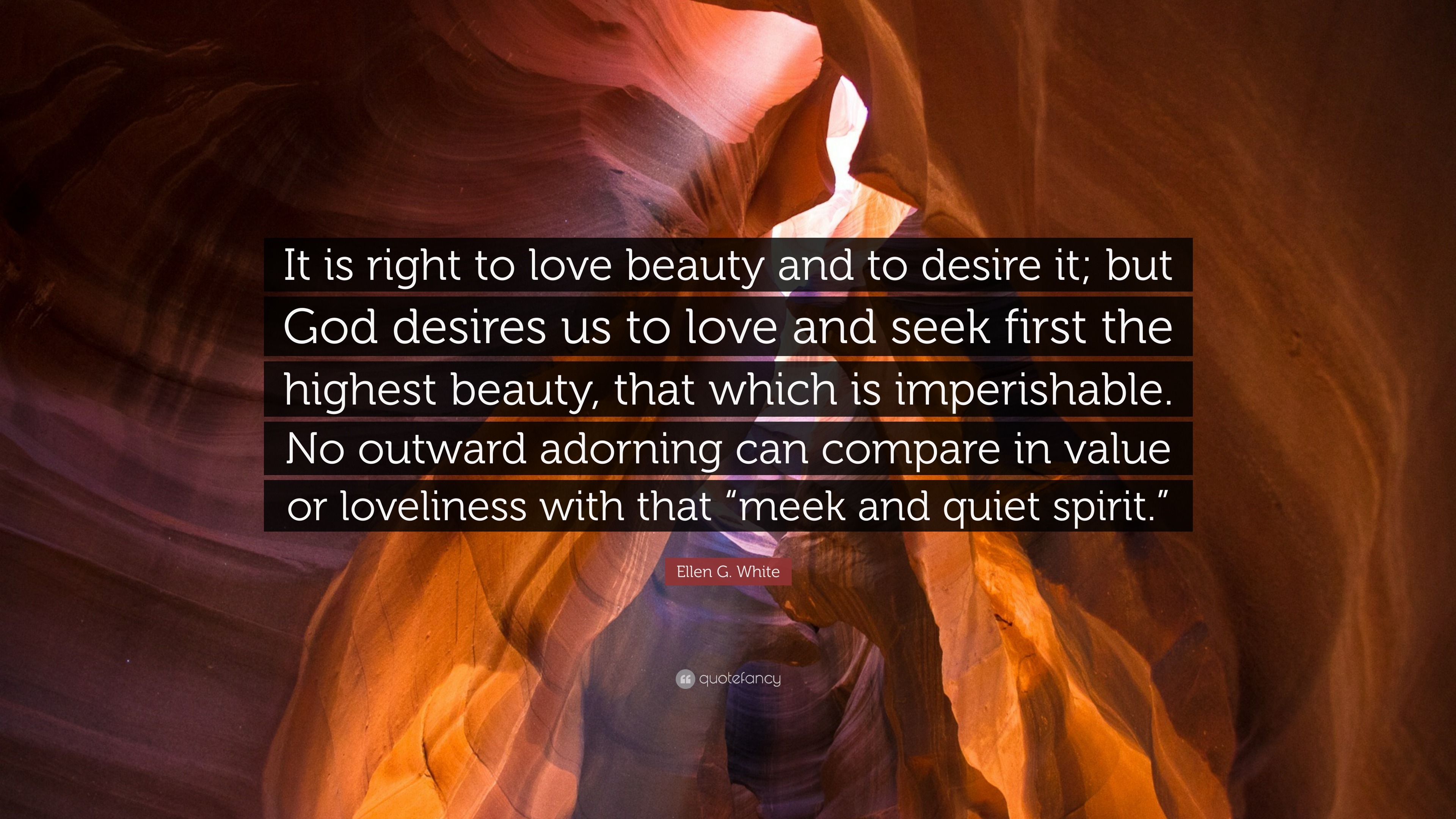

I asked Jesus if his Father had a form like himself. The Father’s person I could not behold, for a cloud of glorious light covered him. I gazed on Jesus’ countenance and admired his lovely person. Ellen White says: “I saw a throne and on it sat the Father and the Son. When He went to heaven, He sat “down on the right hand of the Majesty on high” (Hebrews 1:3). Stephen saw Jesus standing on the right hand of God (Acts 7:56) and as God created us in His image (Genesis 1:26), He must also have a left hand John saw in His right hand a book sealed with seven seals (Revelation 5:1) The Father has a voice and a shape (John 5:37) We will see His face (Rev 22:4). Daniel saw Him with hair on His head as pure wool (Daniel 7:9).

Isaiah saw Him sitting on His throne (Isaiah 6:1). However, God is divine, and unlike man’s spirit, God can send His Spirit forth resulting in Him being Omnipresent. The Spirit is the non-bodily aspect of an individual whether it is man or God. “In the beginning man was created in the likeness of God not only in character but in form and feature ” (GC 644.3). Man consists of a bodily FORM and a SPIRIT. It is God’s Spirit that gives life and is life. The word quickeneth means to be made alive. Then a personal, self-existing God breathed into that form the breath of life, and man became a living, breathing, intelligent being” (EG White, 7MR 373.1).Ĭommenting on John 6:63, Ellen White says: “‘It is the spirit that quickeneth the flesh profiteth nothing the words that I speak unto you, they are spirit, and they are life.’ Christ is not here referring to his doctrine, but to his PERSON, the divinity of his character” (RH, 5 April 1906, Par 12). After God created man in His image, the form was perfect in all its arrangements, but it had no vitality. God is a being, and man was made in His image. “There are many issues in our world today in regard to the Creator not being a personal God. He, who created Adam, made him first a bodily FORM and then breathed into the lifeless form the SPIRIT and Adam became a living soul. In the beginning, “God said, Let us make man in our image” (Genesis 1:26) this He said not to two other individuals, as we have been deceived, but said He only to His Son, for we are told: “But when God said to his Son, ‘Let us make man in our image’, Satan was jealous of Jesus” (EG White, EW 145.1). If the Holy Spirit is not an INDIVIDUAL of the Godhead as is the Father and the Son, but God’s own Spirit, then the implication of regarding the Holy Spirit as “God the eternal Spirit” as in the trinity, is to break the law that says: “Thou shalt have no other gods before me” (Exodus 20:3) if the reverse is true, then the apostles and Adventist pioneers were in error. 10).įor Seventh-day Adventists seeking to be “sealed with that holy Spirit of promise” (Ephesians 1:13), it is vital we understand the Holy Spirit of God.įew Seventh-day Adventists are rediscovering the truth about the Holy Spirit and are being sealed: “settling into the truth, both intellectually and spiritually, so they cannot be moved” (FLB 287.7). The pioneers believed that “the Holy Spirit (by an infirmity of translation called ‘the Holy Ghost’), the Spirit of God, the Spirit of Christ, the divine afflatus and medium of their power, representative of them both” (Uriah Smith, Looking Unto Jesus, Review and Herald Publishing, 1998, p. It imbues the receiver with the attributes of Christ” (Ellen White, Desire of Ages, 805.3). The impartation of the Spirit is the impartation of the life of Christ. The prophetess EG White believed that the Holy Spirit in John 14:16-17 “refers to the omnipresence of the Spirit of Christ, called the Comforter” (Ellen White, 14 Manuscript Release, 179.3) “The Holy Spirit is the breath of spiritual life in the soul. The apostles believed that the Holy Spirit is “the Spirit of your Father” (Matthew 10:20) and “the Spirit of Christ which was in” the prophets (1 Peter 1:11)

Who is this Spirit? In contending for “the faith which was once delivered unto the saints” (Jude 1:3), we find that: The psalmist, directing his words to God, asks: “Where can I go from Your Spirit? Or where can I flee from Your presence?” (Psalm 139:7).


 0 kommentar(er)
0 kommentar(er)
